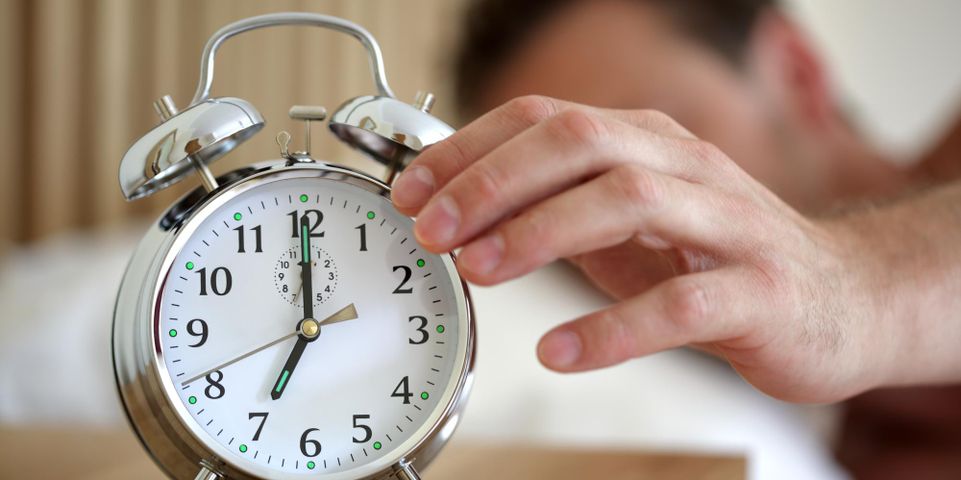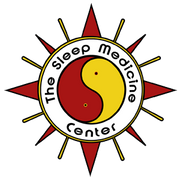How Much Sleep Should You Get?

From stress to a busy schedule, there could be various reasons you don’t get enough shuteye. Sleep problems at night can lead to exhaustion during the day, making it hard to remain alert and function properly. How much sleep you should be getting depends on several factors, explained here.
What You Should Know About Healthy Sleep Schedules
Age Is a Major Influencer in Sleep Needs
To aid healthy development, it’s recommended newborns sleep at least 14 hours a day. As they get older, daytime naps are also included in the sleep schedule, with 2-year-olds expected to sleep up to 12 hours at night and take hour-long naps during the day. Children ages 3 to 5 have abandoned daytime naps, sleeping for 10 to 13 hours at night. From ages 6 to 13, kids should get at least nine hours of sleep. From 14 to 17, they need at least eight hours of shuteye to function properly. For adults, the recommendation is between seven and nine hours of sleep.
There Are Instances When More Sleep Is Needed
 If you have insomnia and other sleep problems, you might need more shuteye than the recommendations for your age group. Sleep deprivation alters how your body processes glucose, increasing the risk of developing diabetes. It also increases heart rate and blood pressure. Adding a few more hours to the sleep recommendation for your age will help restore your physical health. Pregnancy also causes hormonal changes that can lead to exhaustion, requiring more sleep to combat.
If you have insomnia and other sleep problems, you might need more shuteye than the recommendations for your age group. Sleep deprivation alters how your body processes glucose, increasing the risk of developing diabetes. It also increases heart rate and blood pressure. Adding a few more hours to the sleep recommendation for your age will help restore your physical health. Pregnancy also causes hormonal changes that can lead to exhaustion, requiring more sleep to combat.
Quality Matters As Much As Quantity
In addition to getting in the recommended hours of sleep, making sure the rest isn’t interrupted also matters. Ideally, you should fall asleep within 30 minutes of your head hitting the pillow. By maintaining a sound slumber, you’ll reach all the different stages of sleep. This means you’ll wake up relaxed and rejuvenated and avoid future sleep problems.
If sleep problems are affecting your quality of life, reach out to Glacier Headache & Sleep Medicine Center in Kalispell, MT, for help. Board-certified in neurology and sleep medicine by the American Academy of Neurology, Dr. Patrick J. Burns has over 35 years of experience and has been treating patients throughout Montana since 1995. To see how he will put you on the path to managing your sleep disorder, call (406) 752-1729. Visit the practice online to view and download patient forms.
About the Business
Have a question? Ask the experts!
Send your question

